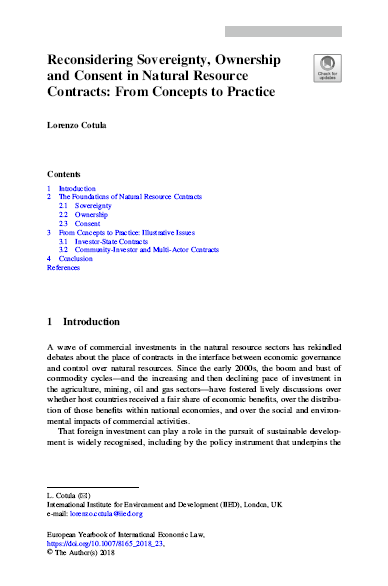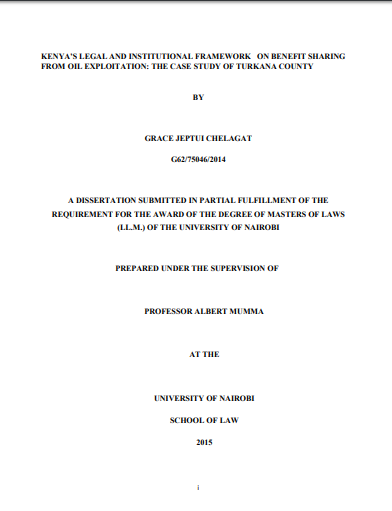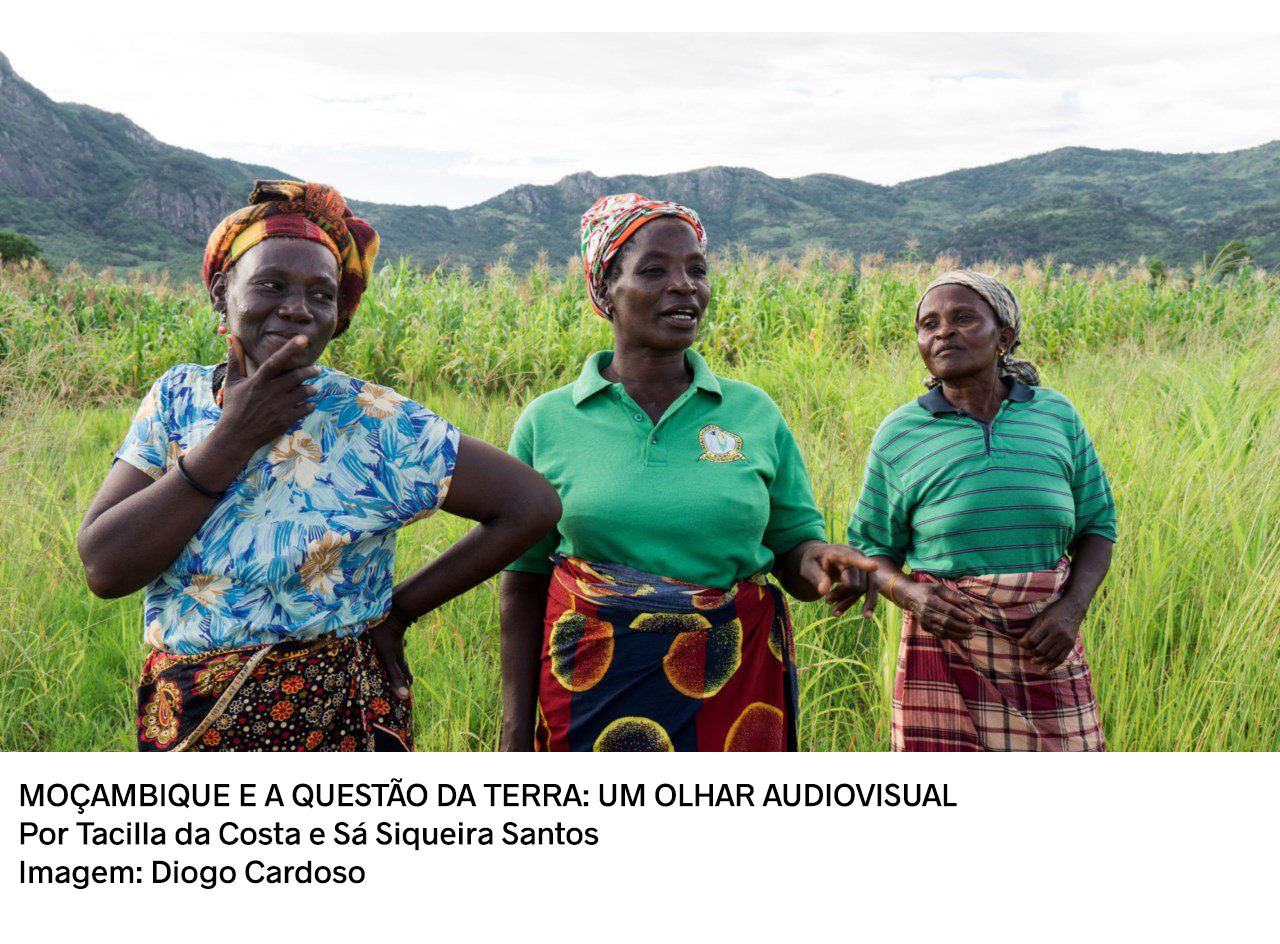Vedanta cares?: tusting the myths about Vedanta’s operation in Lanjigarh, India
This report investigates the threats to the livelihoods of Indian Lanjigarh locals after the arrival of a subsidiary of Vedanta. It presents the myths about Vedanta in relation to this project and unravels the truth behind each with evidence from official reports, journalists, Action Aid’s own field visits and first hand accounts of local people. The locals of Niyamgiri mountain, in Kalahandi District, Orissa, India have lived for decades by foraging in the forests, raising chickens and growing vegetables and rice.





